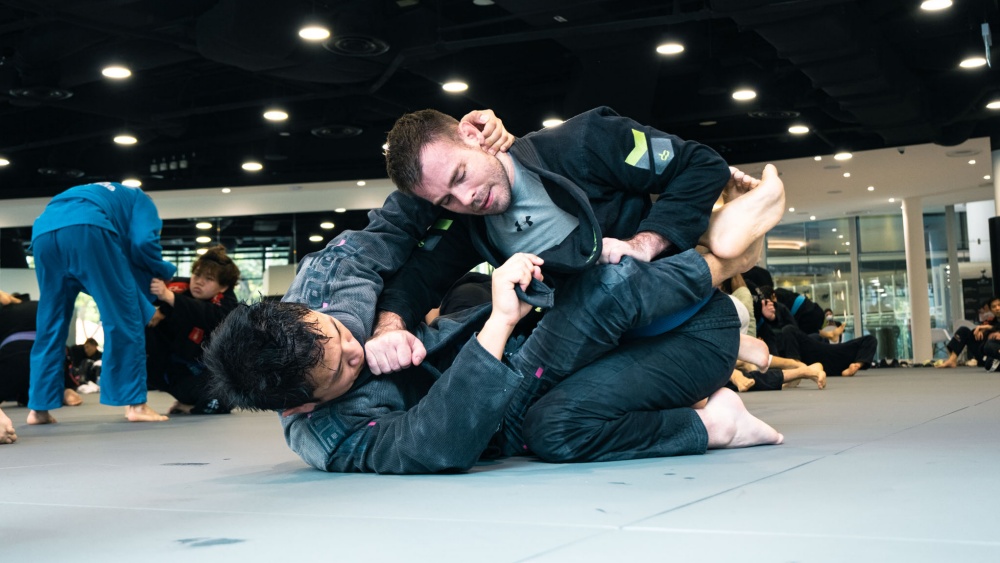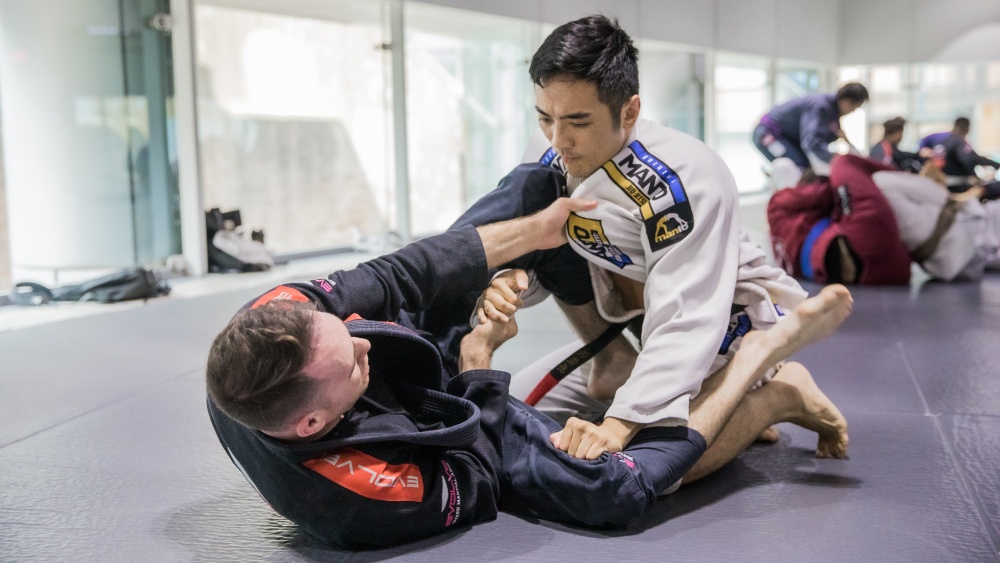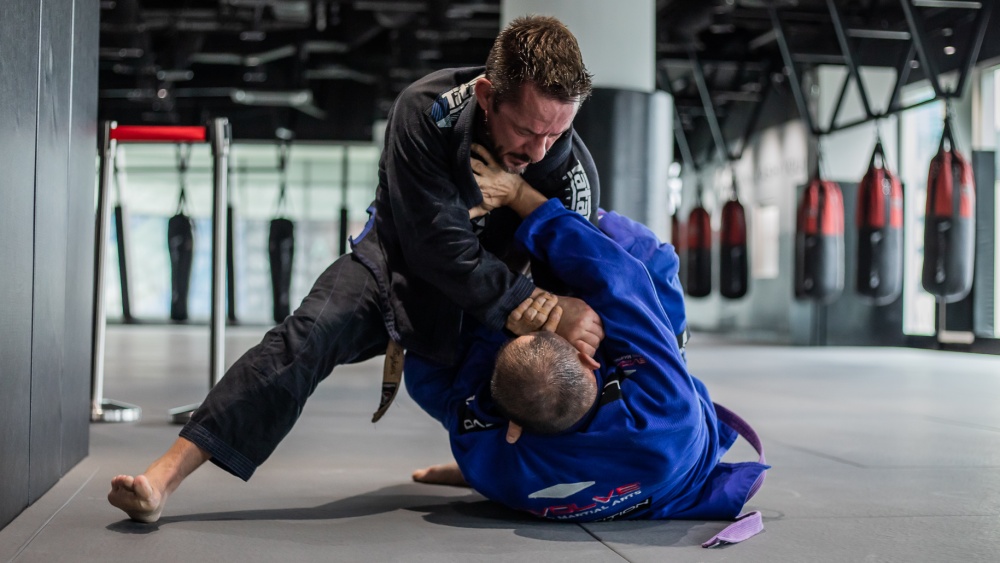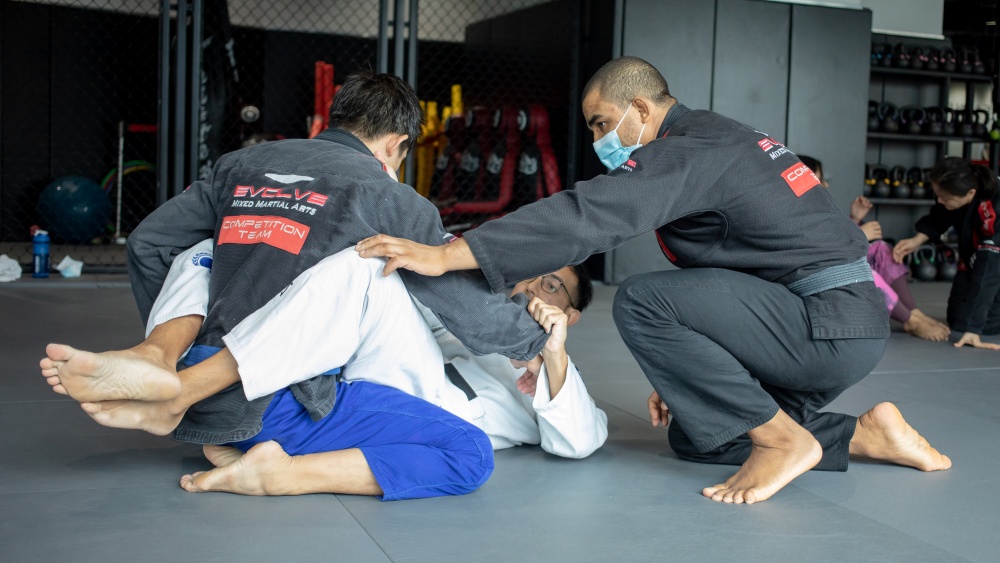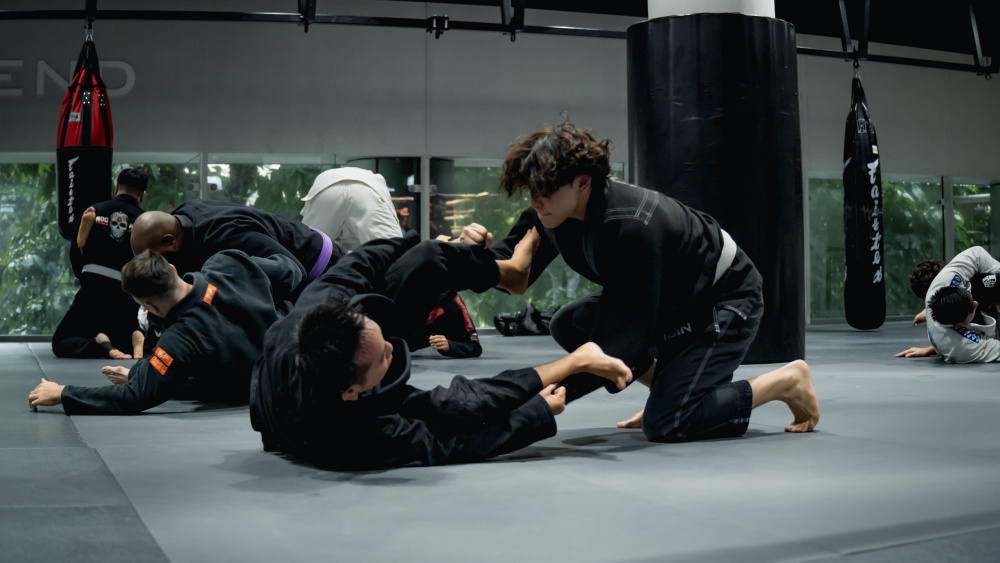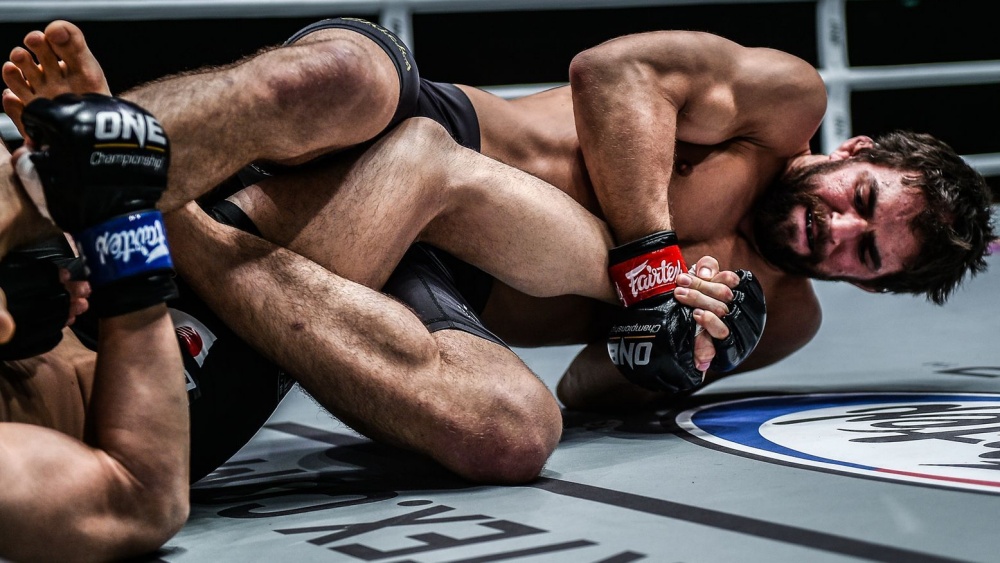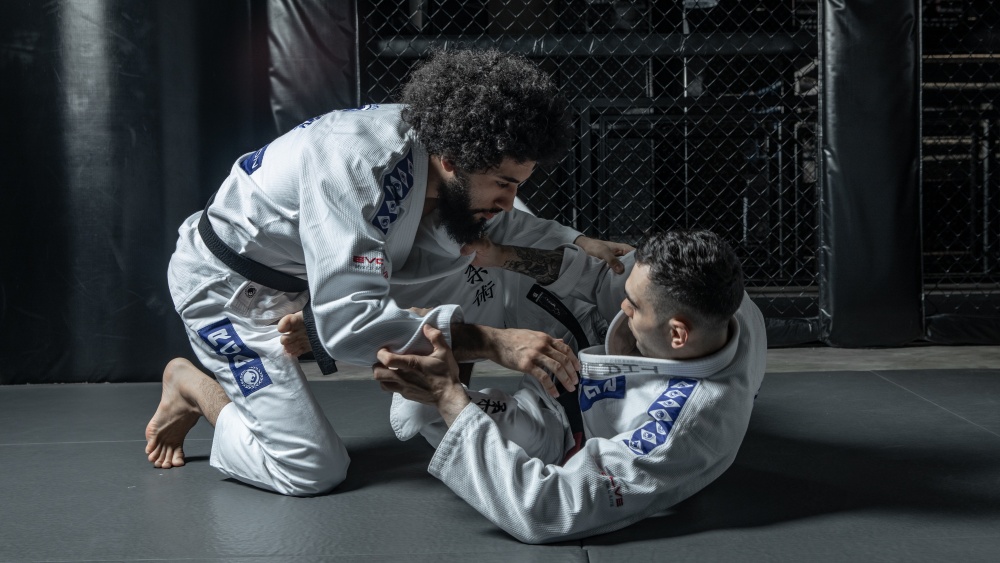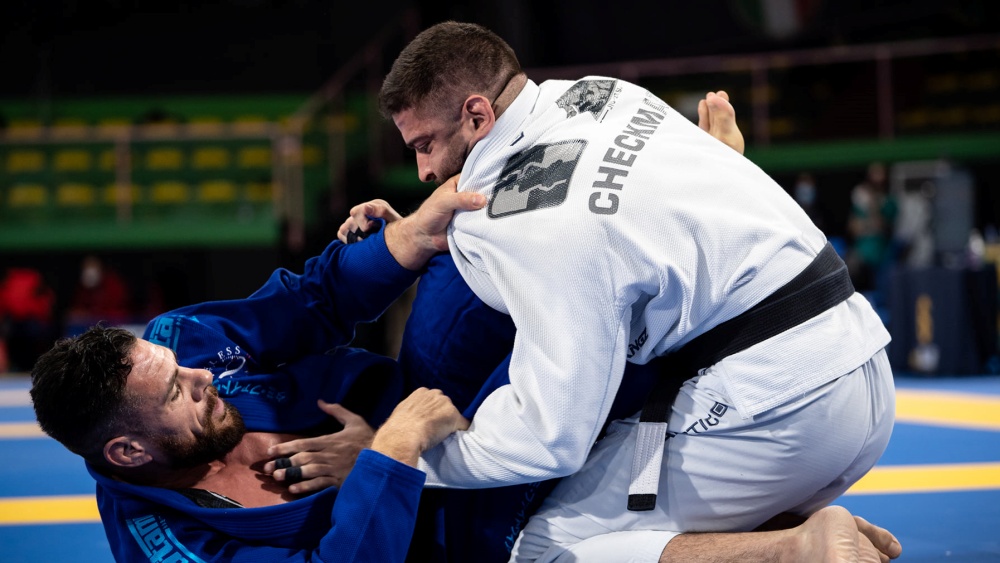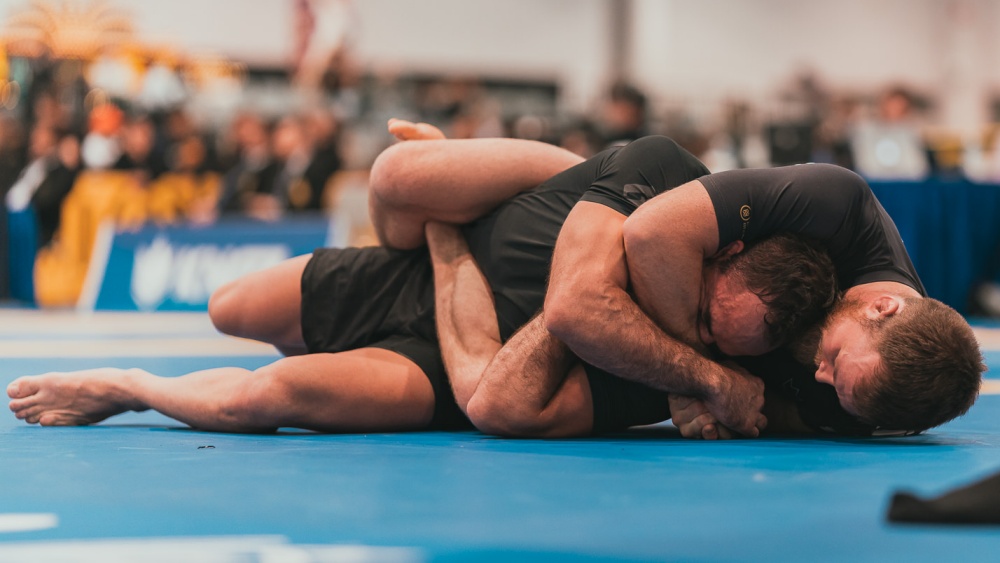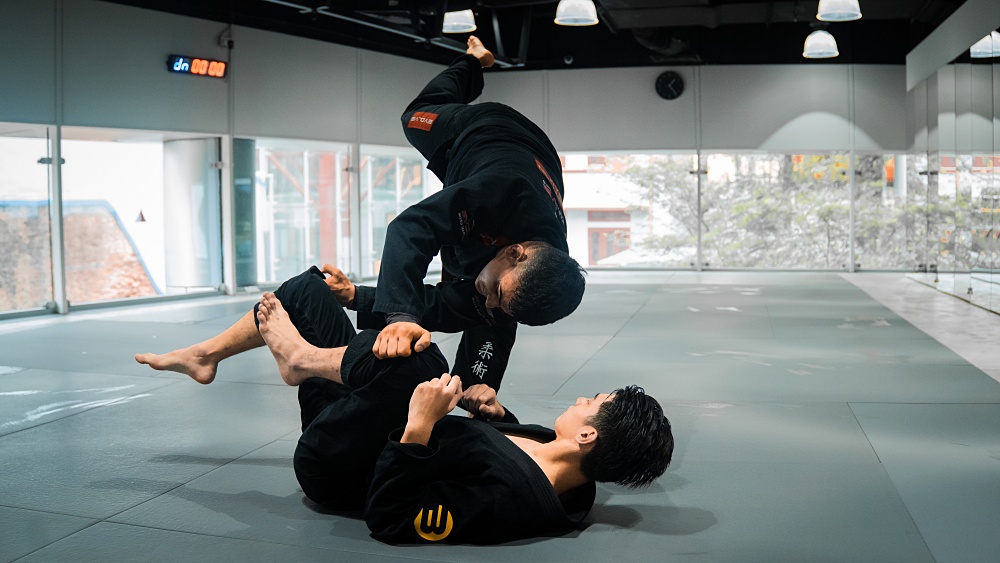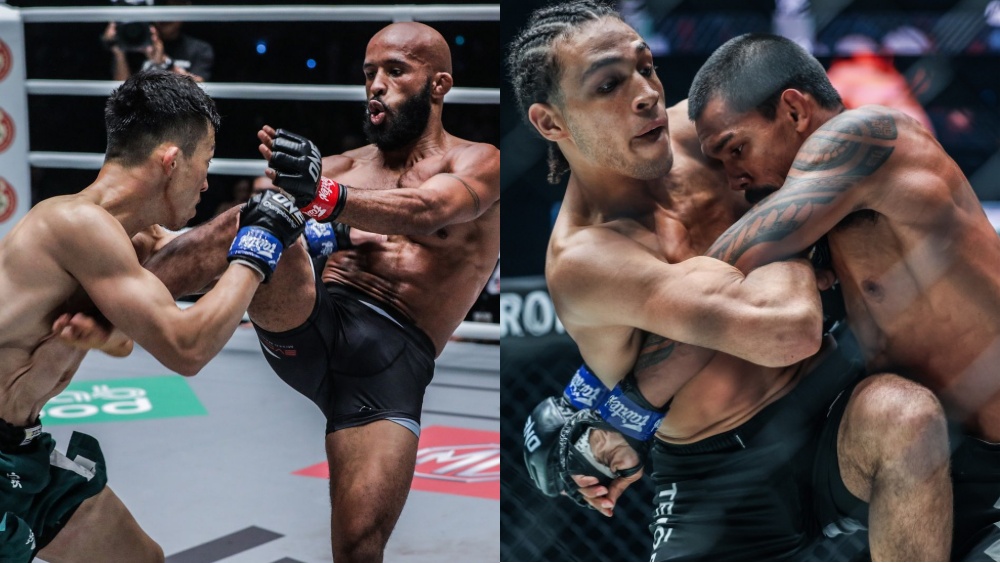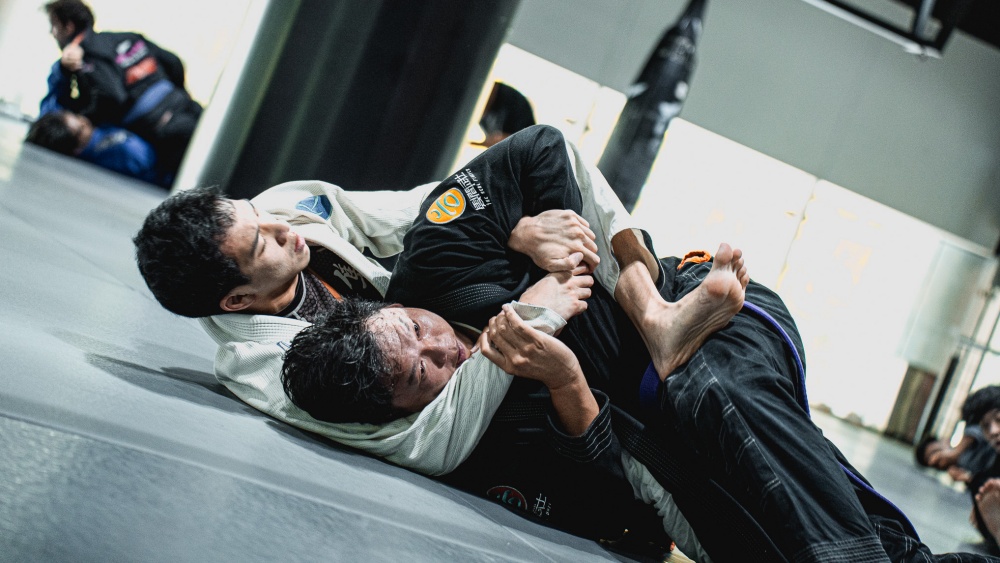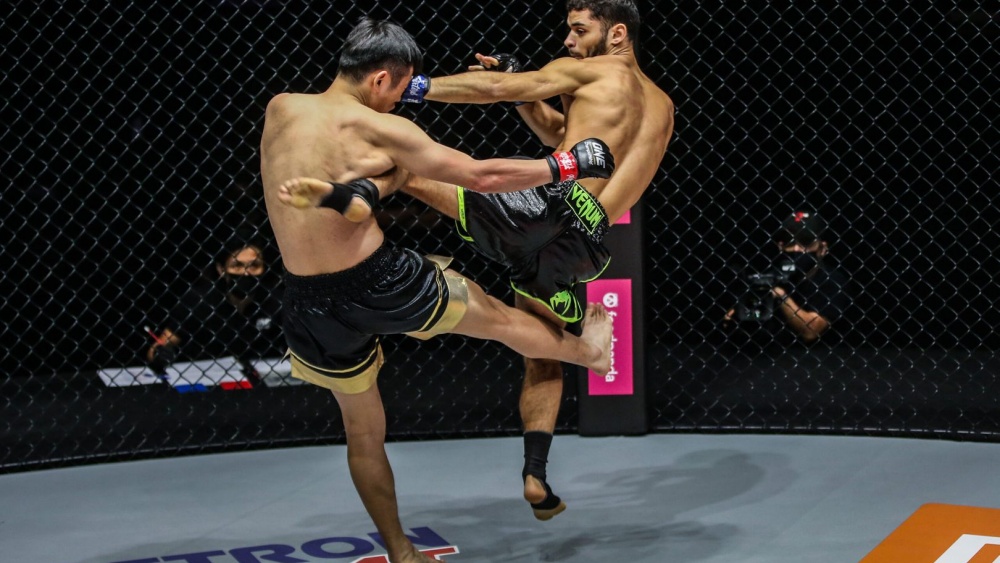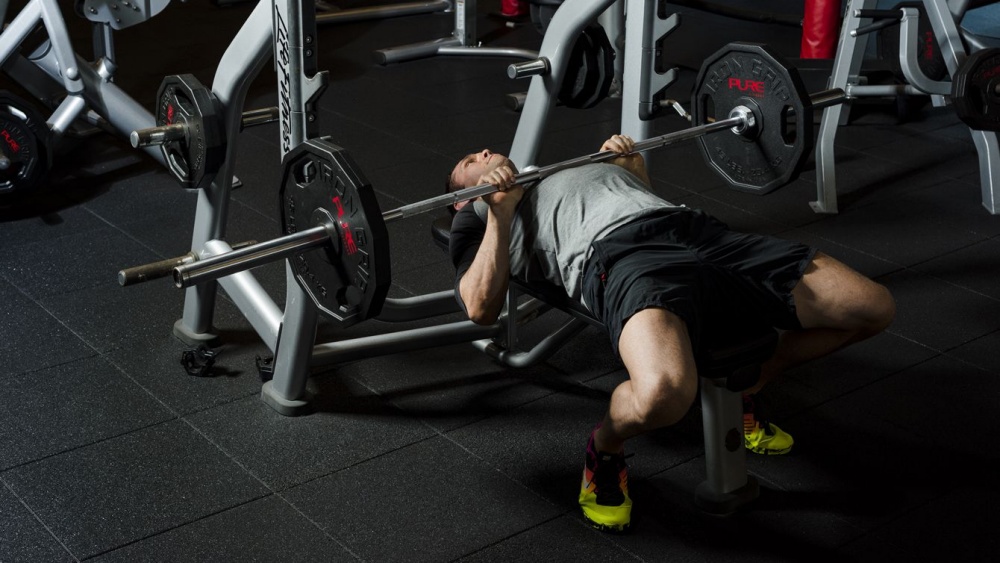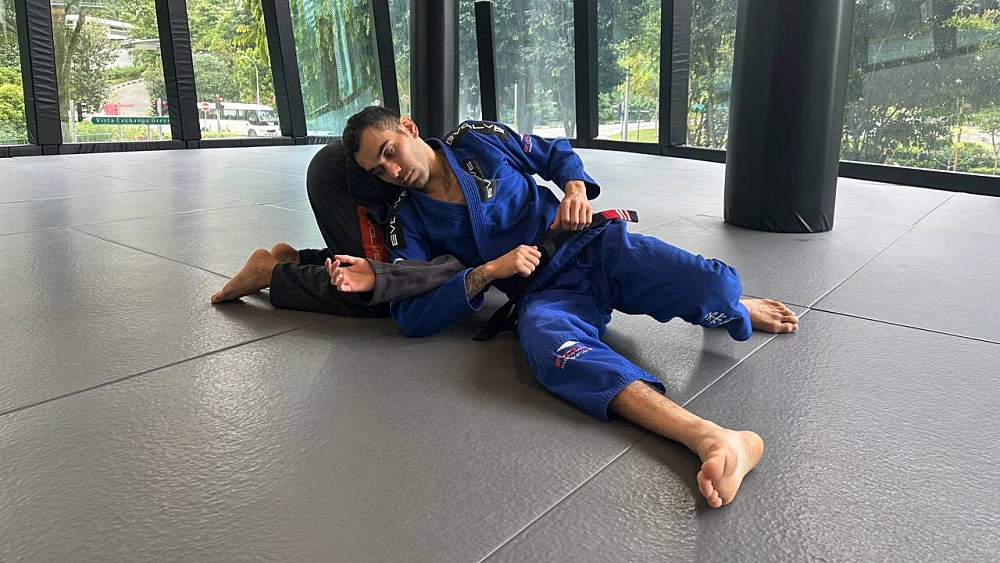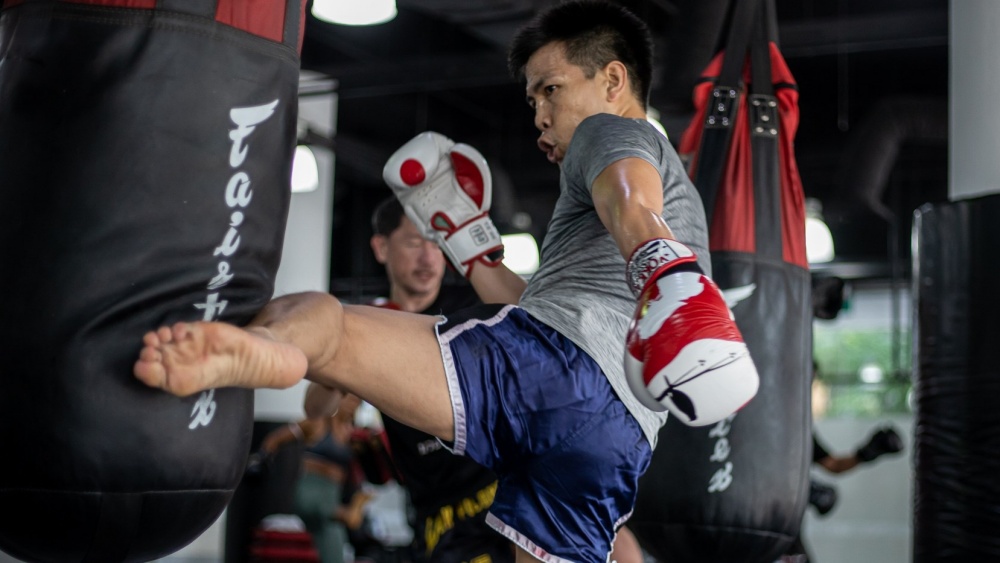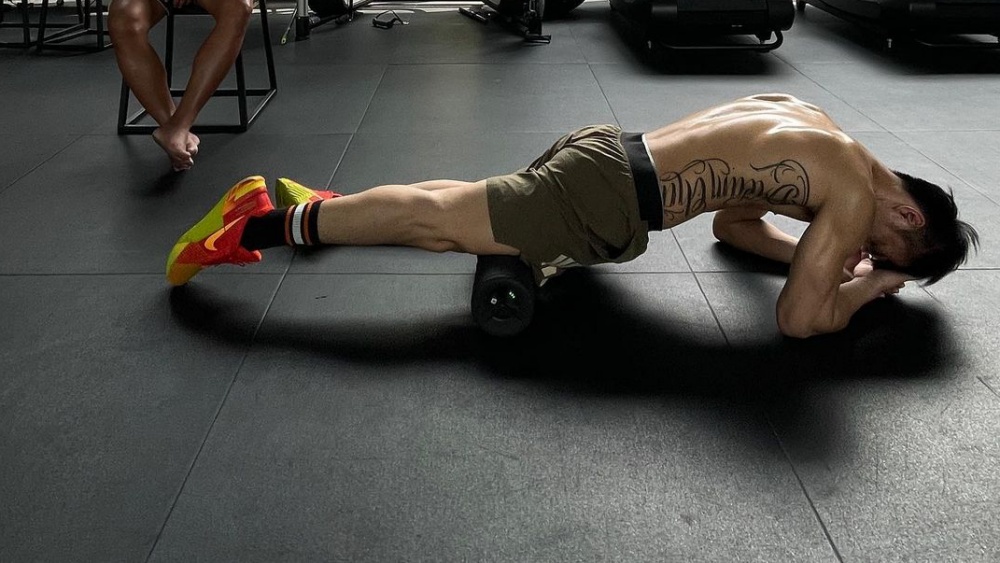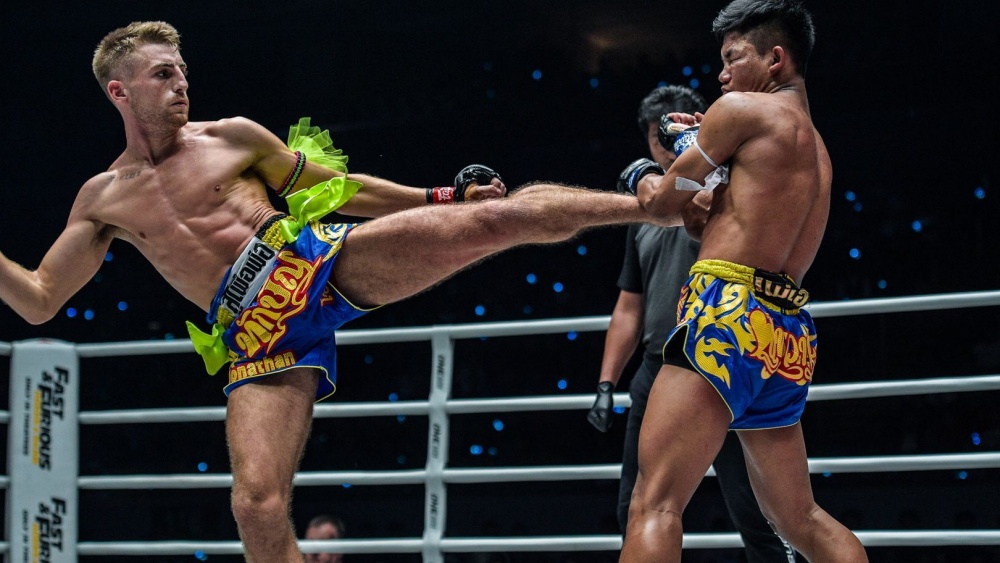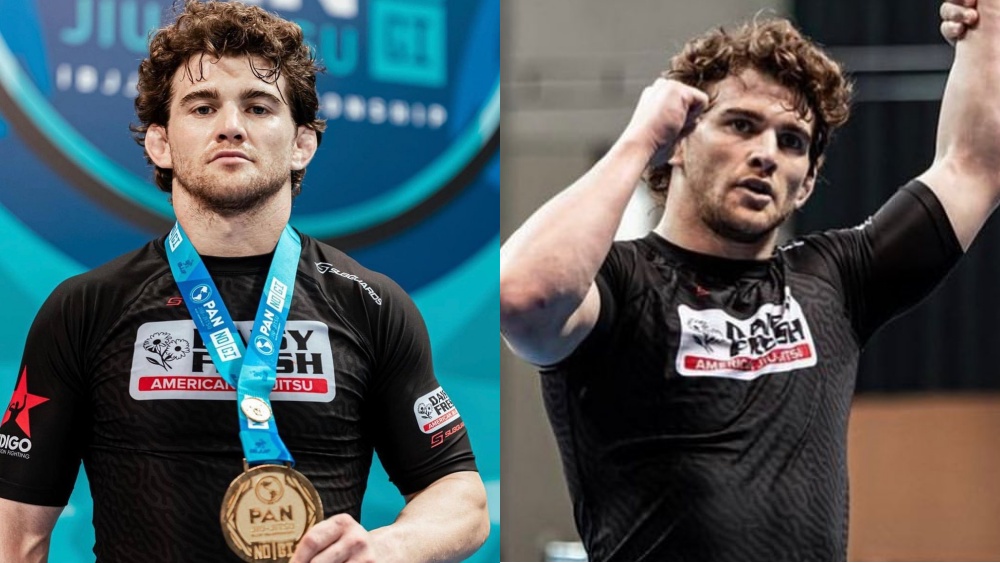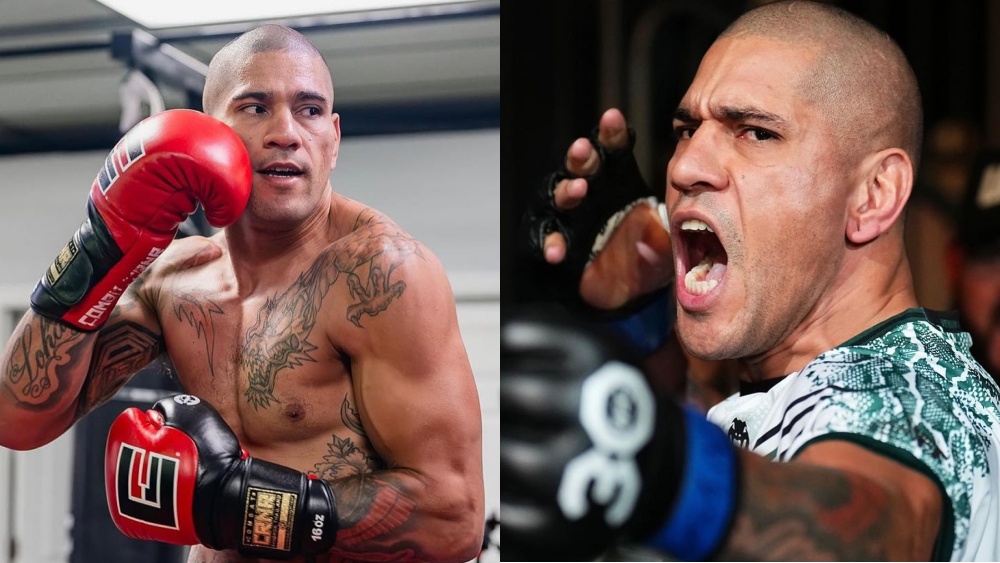Habits are what we learn and are conditioned to do based on our past experiences. As you become more experienced in BJJ, it can sometimes be challenging to identify and change your habits on the mats. Therefore, it is critical to identify these bad habits and take steps to remove them from your game.
Today, we discuss some bad habits that you should look out for in your BJJ game.
What Are Habits In BJJ?
Habits in BJJ are the things we are conditioned to do. Habits are formed when repeated situations often become involuntary and appear almost effortless. When certain conditions are present, the perceived availability from these conditions will trigger the habit.
For example, a grappler who is exceptional at triangle chokes will not attempt the submission if the opponent’s posture is upright and defensive. This is because past experiences might dictate that the submission attempt will most likely not work.
9 Bad Habits To Remove From Your BJJ Game
It is safe to say that it is relatively easy for beginners to correct their technique. This is because most beginners have only been training for a time to build up a habit. There is plenty of time for adjustments, and technical mistakes can get corrected along the way with the right coaching.
Below are examples of bad habits that you should remove from your BJJ game to become a better grappler in the long run.
1) Not Breaking Grips
It all starts with the grip. Whether on stand-up or on the ground, the initial connection is to apply grips. Allowing the opponent to maintain their grips means you are allowing them to get the advantage to control you. The initial grip can then be used to set up a throw/takedown in the stand-up or a guard pass/submission on the ground. It is not a great idea to allow the opponent to set up their grips unless you are setting something up.
2) Butt Scooting
Butt scooting or sitting down without applying a connection or engaging with the opponent is a common habit for BJJ practitioners. Although it is a tactic used by some of BJJ greats, grapplers need to learn how to take the fight to the ground.
3) Playing Too Much Guard
The emphasis on guard is one feature of BJJ that separates it from other grappling martial arts. The guard is the most difficult thing to excel at in BJJ. As Chris Haueter, one of the Dirty Dozen (first non-Brazilians to earn a black belt), said, when in the bottom, have a guard people shall not pass.
It is no wonder that with the rewarding nature of the guard, students get too attached to it and don’t play anything else. It is essential to also consider working on other aspects of your game, such as guard passing and takedowns.
4) Not Learning Takedowns
Most BJJ practitioners are taught the guard first. As grapplers, it is crucial to learn takedowns. BJJ practitioners who can execute takedowns will usually be above-average guard passers. Taking a resisting opponent to the ground requires relentless effort, which is why you should always give your hundred percent when going for a takedown.
5) Poor Posture and Base
Poor posture and base will make you vulnerable to sweeps and submissions. Having a solid posture aligned from the neck down to the lower back will enable you to use your body more efficiently.
An excellent BJJ base means effectively spread on the floor, making you stable and hard to move. Having a strong base means it will be difficult for the opponent to push and pull you around the mat.
6) Stalling
Stalling is ideal in competitions when securing points and positional control. As Chris Haueter famously said, the goal in BJJ is to be the guy on top, and when on top, stay on top, which is often forgotten because of the rewarding nature of the guard. Although it has its purpose in some situations, you should be able to apply constant pressure along with the threat of submissions.
7) Repeatedly Getting Caught With The Same Submission
Getting caught and tapping to the same submissions over and over without learning good defense is one of the worst habits beginners fall into. It is important to practice escaping bad positions to improve your confidence.
You can start the roll with your training partner on the offensive and work on just escaping their submission attempts. Knowing that you can get out of dangerous positions is an underrated skill to have. Having the skill to get out of submissions can be the difference between winning and losing.
8) Flow Rolling All The Time
There are exceptions to this, like the age and the practitioner’s goal, but there should always be a time for flow and intense rolling, especially when preparing for a competition. Flow rolling all the time will not help you become the best grappler you can be. Of course, being controlled in your rolls is great for your technique, but your physical and mental preparation will not be at its peak if you flow roll all the time.
According to John Danaher, drilling a technique repeatedly for a certain amount of time is not the ideal way to train. Applying your technique under pressure is still the best gauge of your progress.
9) Using Your ‘A’ Game Every Training Session
Using your A game in every training session will leave you no room for improvement. Training should be focused on refining and adding new techniques. Do not treat every roll like a competition match – your training partners are not your opponents. Do not let your ego get in the way and stop you from learning and trying new techniques.
Remember that every training session is a chance to become better, and tapping is not a sign that you are not skilled.
Final Thoughts
Getting feedback on your technique is perhaps the best way to minimize bad habits on the mat. It is always easier to adjust your technique in the beginning stages of your learning than make adjustments when you are already a purple, brown, or black belt. Brazilian Jiu-Jitsu is a constant process of adding, removing, and improving techniques. Stay consistent and be the best version that you can be.
You may also like:
6 Fundamentals You Should Focus On When You First Start Learning BJJ
